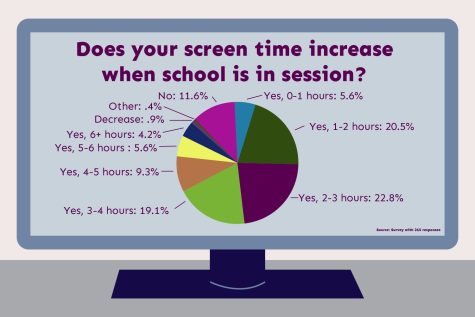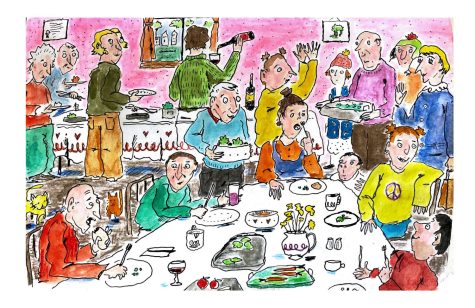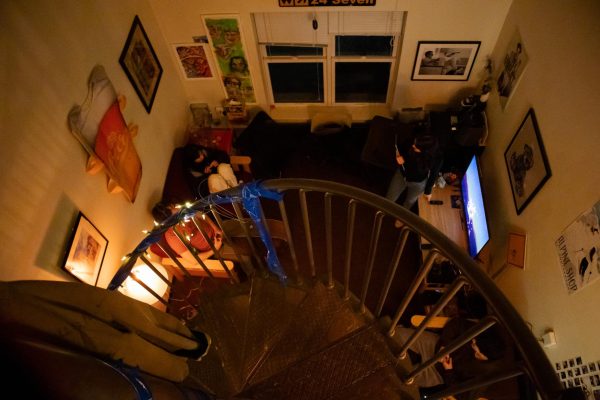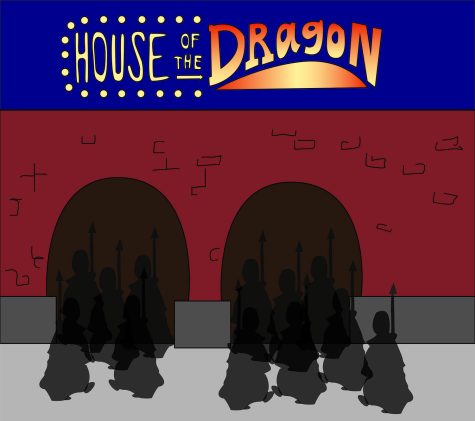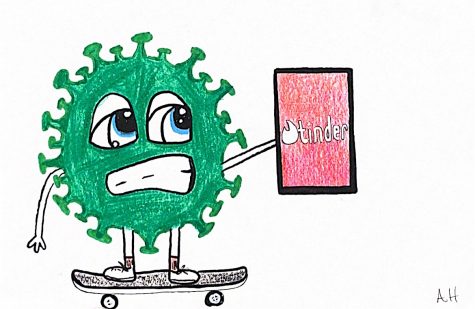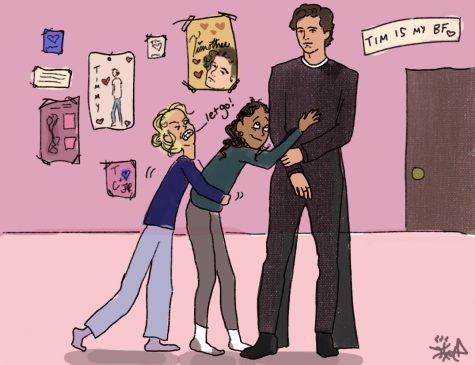Cost of rent prompts roommate life in cities
Pride and Prejudice
Roommates: they’re the family you get to choose.
They’re whom you say goodnight to before bed and whom you say good morning to over a cup of coffee. They’re the people you love and yell at.
They’re the ones who teach you lessons you didn’t know you needed to know.
But some may be wondering just how long this stage will last, questioning how long it will be until they can stop writing their name on food in the fridge.
It’s not just during college, either. The roommate period often extends well into one’s 20s.
Rent is expensive, with three bedroom apartments costing up to $2,400 per month, according to Allen & Brooks, a South Burlington real estate research firm.
For many current students or grads with an education and even a good job, the American Dream just isn’t quite attainable. For those lusting after a chic Brooklyn apartment with a beautiful view, it may only be possible with a roommate and red tape splitting the room in half.
According to a 2012 study conducted by the Economic Policy Institute, entry-level hourly wages have fallen for both men and women.
Additionally, the unemployment rate for 20-somethings remains unsettling, at 8.3 percent as of January, according to the Bureau of Labor Statistics. This percent is about double the rate of unemployment for those older than 25.
Today’s 20-year-olds are 50 percent more likely to be financially dependent on mom and dad than those of their parent’s generation, said psychologist Laurence Steinberg in his book, “The Age of Opportunity.”
Childhood now stretches all the way to 25, Steinberg stated.
A non-surprising statistic reveals that nearly 60 percent of children receive financial support from their parents post-graduation, according to a 2011 study conducted by the market research firm Harris Interactive and sponsored by Forbes and the National Endowment for Financial Education.
It’s exceedingly difficult these days to get a job in one’s major, let alone a job at all. According to Fortune Magazine, between November 2015 and March 2016, the U.S. added about two million jobs, but the number of 20 to 24 year old employees decreased by 200,000 during that same time. Most jobs, even retail and service industries, ask for experience. Internships that promise future opportunities often go unpaid.
It seems impossible to navigate life after graduation with hundreds of thousands of dollars in college debt, while simultaneously affording rent and groceries, all without being able to land a job.
It’s like a balancing act out of the circus from hell.
With this uncertainty of the future, many millennials may be forced to spend their 20s, 30s or even 40s splitting rents with others in their income brackets in order to stay afloat.


